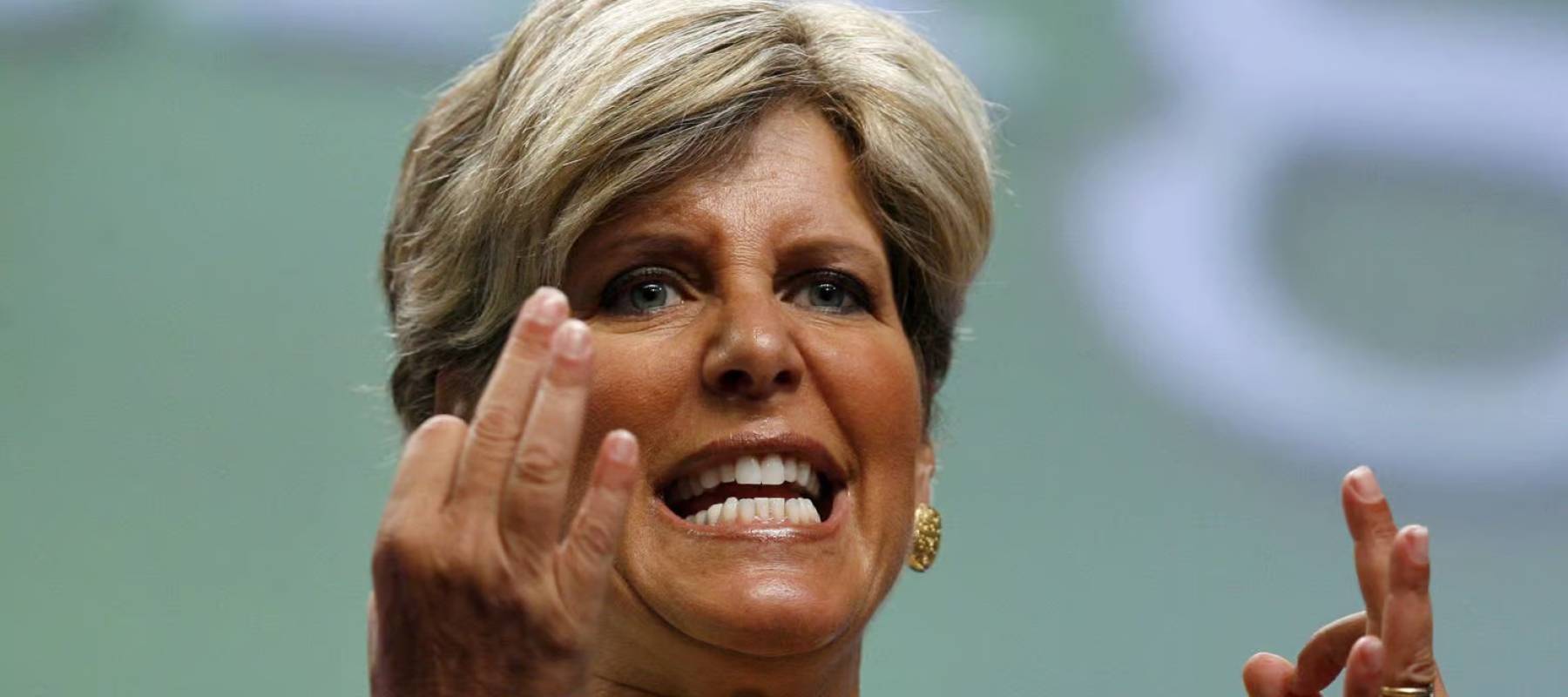Don't miss
- Looking to start investing but don't know where to start? Try a robo-advisor today and let it do all the brunt work for you
- Have long-term spending plans such as purchasing a house? Sign up to a tax-free savings account (TFSA) and grow your hard-earned cash
- Looking to spend less on debt? Opt for a balance transfer credit card to consolidate your debt and save some money
Empower your investments with Qtrade
Discover Qtrade's award-winning platform and take control of your financial future. With user-friendly tools, expert insights, and low fees, investing has never been easier.
Start Trading TodayPotential home ownership in Canada
Elsewhere in the report, to achieve homeownership, 56% of prospective buyers said they are reducing their non-essential expenses. Another 52% are planning to invest more of their money and 32% are planning to work with a financial professional to establish a plan for home ownership. Lastly, 23% are taking out loans.
Interestingly, 8% are joining the trend of buying a property with a friend or family member to make home ownership more affordable.
Nearly all (95%) of potential homeowners say they have concerns related to the mortgage or home buying ownership process. Over half (53%) of prospective home buyers would be "more confident" in keeping up with the Canadian housing market if they had access to professional advice.
However, 69% of prospective homeowners don't currently have a personalized financial plan to achieve home ownership, although 59% plan to develop one in the near future.
Attitudes of existing homeowners in Canada
Regarding current homeowners, 82% purchased their home over six years ago. Of that percentage, another 82% said they found the process of buying a home "easy," with 64% indicating that this ease was due to their ability to work within their budget.
"The survey results tell us that most Canadians who went through the mortgage and home buying process at least six years ago felt it was relatively easy, with many finding they were able to afford their desired home,” Struminikovski said.
“Today, the reality is quite different for many Canadians, with 76% of prospective homeowners saying they are concerned about the current house prices, and 61% citing concerns around the current interest rate environment. With all the challenges prospective homebuyers face in 2024, access to trusted advice is needed now more than ever.”
That advice has yet to be heard for many, with 72% Canadian homeowners, prospective or otherwise, saying they have not sought advice from a person or online source to learn more about achieving homeownership.
Read More: A cost-effective approach to active advisor management is to use a robo-advisor. Learn more about robo-advisors and find the right option for your investing needs
Unexpected vet bills don’t have to break the bank
Life with pets is unpredictable, but there are ways to prepare for the unexpected.
Fetch Insurance offers coverage for treatment of accidents, illnesses, prescriptions drugs, emergency care and more.
Plus, their optional wellness plan covers things like routine vet trips, grooming and training costs, if you want to give your pet the all-star treatment while you protect your bank account.
Get A QuoteLooking to purchase a home? Start saving the right way
Buying a home is likely the biggest purchase you’ll make in your lifetime. Saving up for a down payment can seem daunting for a first-time homebuyer trying to get a foot in the housing market.
While the Home Buyers’ Plan (HBA) is already an option, a new registered account—which came into effect on April 1, 2023, with offerings from financial institutions slowly rolling out since then—could help you save up for a down payment.
A tax-free First Home Savings Account (FHSA) can help you put aside up to $40,000 in tax-free savings to put toward your first home. Contributions to this account are tax deductible and the funds can be utilized as a down payment on your first home without any obligation for repayment. While the amount of a down payment depends on the purchase price of the home, putting down 20% means you won’t have to pay mortgage default insurance.
Once you open an FHSA, you can keep it open for 15 years or until you use the money to buy a home (at the end of the second year after purchase). To withdraw your funds, you’ll need proof of a written agreement to buy or build a home in Canada—which will serve as your principal residence—before October 1 of the year that follows the withdrawal.
FHSAs are now available at more than 20 banks and financial institutions in Canada. But choosing one requires a bit of research. First off, do you prefer to ‘set it and forget it’? Do you prefer to work with an investment advisor? Or do you have investment experience and prefer to self-direct your own investments?
Some offerings are similar to a savings account, often with a competitive promotional interest rate. If you want to earn tax-free interest but don’t want to take risks with your money, then this could be a good fit. Many banks and online fintech firms will offer an appealing 5% interest rate — check out the best current FHSA rates. Plus you pay no taxes on your withdrawals when you use your FHSA towards the purchase of a qualifying home.
Other offerings allow you to invest in products such as stocks, mutual funds and exchange-traded funds (ETFs). If you have more experience with investing, you might prefer a self-directed online brokerage. But you can also choose to have an investment advisor manage your assets. One option that lets you take advantage of self-directed investing or the use of professionally managed accounts using a robo-advisor is Qtrade. Sign up with Qtrade and you can contribute up to $8,000 per year ($40,000 maximum) and watch your savings grow tax-free.
Survey methodology
The Maru Public Opinion survey was conducted on behalf of TD Bank, where 1,767 randomly selected Canadian adults who are Maru Voice Canada online panelists and are either a current homeowner (885 respondents) or prospective home buyer intending to purchase a home in the next five years (882 respondents) were surveyed from April 25 to April 30, 2024. The results of this study have been weighted by gender and region. For comparison purposes, a probability sample of this size has an estimated margin of error (which measures sampling variability) of +/- 3.3%, 19 times out of 20 for homeowners and prospective home buyers. Discrepancies in or between totals when compared to the data tables are due to rounding.
What to read next
- Looking to start investing but don't know where to start? Try a robo-advisor today and let it do all the brunt work for you
- Have long-term spending plans such as purchasing a house? Sign up to a tax-free savings account (TFSA) and grow your hard-earned cash
- Looking to spend less on debt? Opt for a balance transfer credit card to consolidate your debt and save some money
Sponsored
Trade Smarter, Today
Build your own investment portfolio with the CIBC Investor's Edge online and mobile trading platform and enjoy low commissions. Get up to $100 in commission-free options until October 31, 2024.









